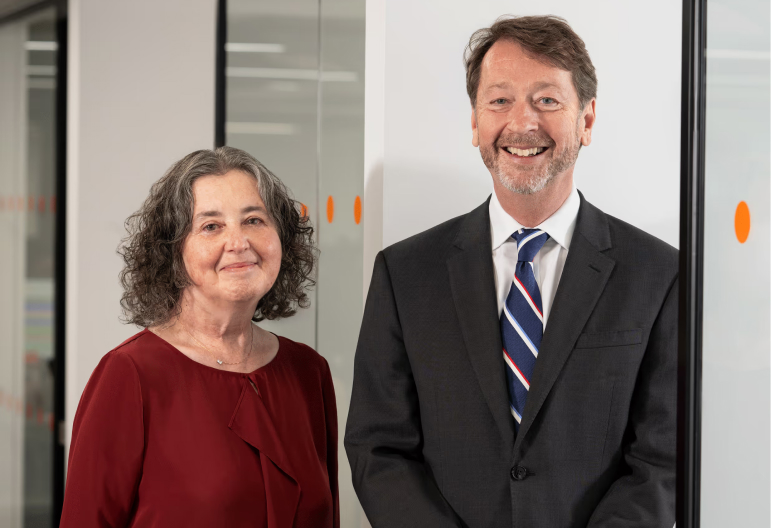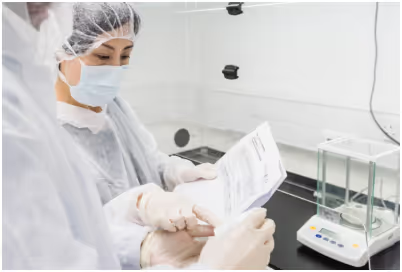RPL recently attended the 10th Annual Congress of the European Association for Clinical Pharmacology and Therapeutics (EACPT) where RPLs Medical Director and Co-Founder Dr Ulrike Lorch gave a presentation on The Use of Adaptive Study Design in Early Phase Clinical Research, one of three cutting edge presentations on adaptive studies featuring Caridad Pontes from the Universitat Autnoma de Barcelona (Spain) and Filip de Ridder from Janssen (Belgium).Dr Lorchs presentation covered a five-year retrospective survey providing evidence that the use of adaptive study designs provides tangible time savings in early research programs. Her paper described a retrospective review performed on a sample of 29 industry lead early phase protocols conducted in the 5 year period between 2006 and 2010 in a phase I clinical trials unit in London, England.
It describes that with increasing experience in adaptive study designs delays can usually be avoided. Where unavoidable delays due to issues unrelated to the type of study design occur they can be mitigated leading to an overall time saving. She concluded that on a practical level the three main areas need to be addressed in the study design. These are (1) the appropriate choice of adaptive features, (2) their limits and (3) the correct control mechanisms ensuring an adequate and efficient decision making process. All presentations showed that adaptive studies are feasible, time and cost saving, particularly when expertise meets with experience in the conduct of these studies.ALSO DONT MISS the 5th Annual Clinical Forum 2011 taking place 10-12 October 2011 in Basel, Switzerland where Dr Lorch is due to present again on The practical application of Adaptive study designs in Early Phase Clinical Research, scheduled for Tuesday 11 October 2011, at 16h00.
The presentation will cover the assessment of components of combination umbrella protocols, the utilization of adaptive protocol features, the requirements for substantial protocol amendments, potential and actual time savings or actual delays and their correlation with adaptive features or the lack thereof.
This five-year retrospective survey provides evidence that the use of adaptive study designs provides tangible time savings in early phase research programs.The Annual Clinical Forum attracts an all-round audience from various areas of Clinical Research, from industry and academia to governmental institutions. Basel is a major European city at the leading edge of the pharmaceutical industry with many other healthcare companies also based in Basel, acting as an ideal platform for networking opportunities. For more detailed information on the meeting, please click here to view the meeting programme or events page, where you can also register online.















.avif)
